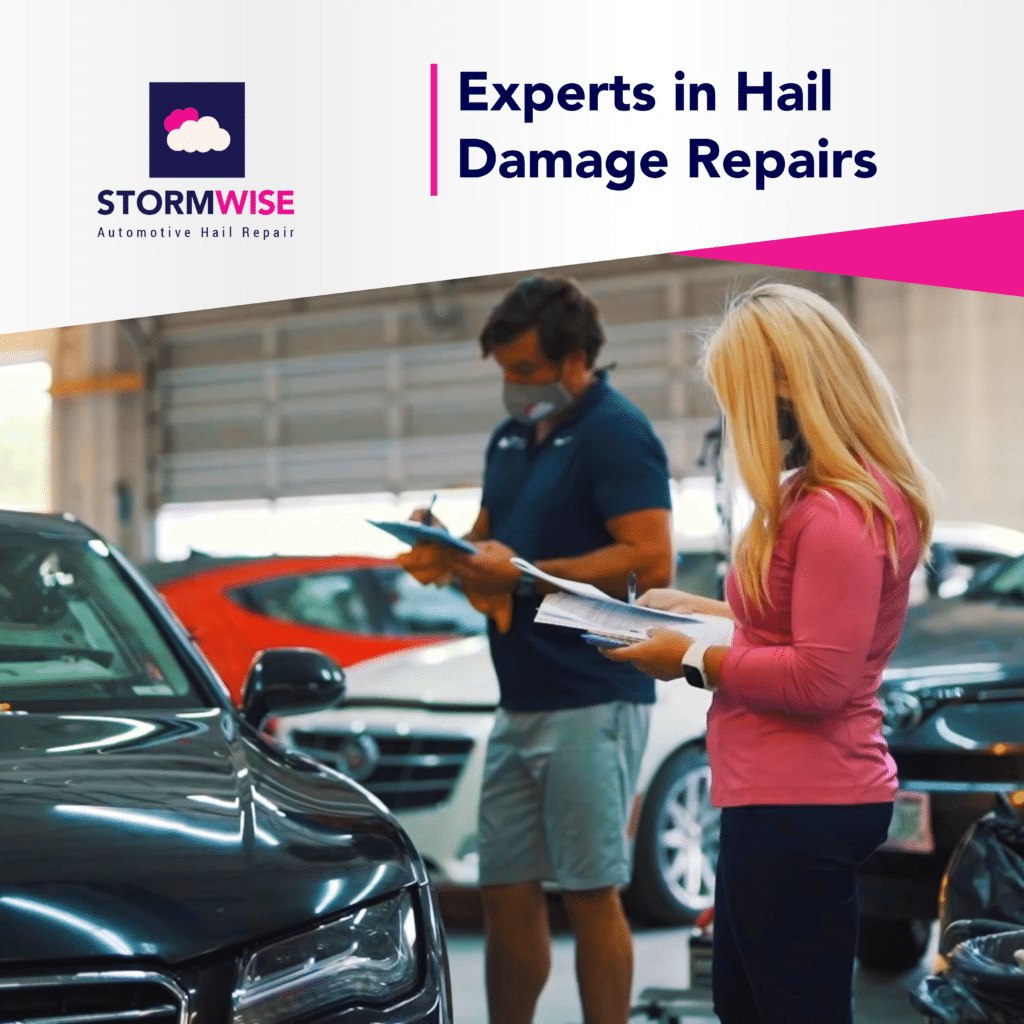IntelliDent Opens Its Doors to Denver, CO Residents
 Michael Brown, Owner / Founder IntelliDent
Michael Brown, Owner / Founder IntelliDent
Denver, CO – July 15, 2014 – Almost five years after opening their first IntelliDent location in Scottsdale, AZ, Michael Brown will open the doors to his 10th Paintless Dent Repair shop July 17, 2014. Located at 11965 Lioness Way in Parker, Co, this new shop will feature Auto Hail Damage Repair as well as a new and exciting “no-deductible” incentive program to help hail damage victims get their cars repaired virtually free. To complete the PDR experience, Brown will be offering a complimentary detailing service to every vehicle that comes into the shop.
“We are excited to be back in Colorado again,” said Michael Brown, world-renowned Paintless Dent Repair technician. “We had a shop here in 2012 and we are happy to be back in the same building! Colorado is such a great place to live and work. The residents are laid back and easy to work with!”
The 3,800 square foot shop will offer several features that distinguish it from other PDR locations in the Denver, Colorado area. Most notably, customers will enjoy the fact that they don’t have to spend countless hours “waiting” in it while their automobile is being repaired. IntelliDent customer service representatives will come to you. From offering free inspections at the customers home or office to dropping off and delivering the vehicle “dent-free” back to their home or office, IntelliDent makes the process as pain-free as possible.
“It’s good for everyone,” says Brown.
IntelliDent is a privately held company, which was founded in 2010 by Michael Brown of Osceola, Missouri . As a Paintless Dent Repair technician focusing on high quality and impeccable customer service, IntelliDent has grown from one shop in Arizona to 10 shops across the United States. IntelliDent plans on opening 2-3 new locations each year.
IntelliDent of Denver, CO is located at 11965 Lioness Way in Parker, Co. For more information, visit our Denver webpage.










 Auto hail
repair
Auto hail
repair
 Hail
damage cost calculator
Hail
damage cost calculator  Before/After
Before/After
 PDR cost
101
PDR cost
101
 About
StormWise
About
StormWise
 reviews
reviews  Articles
Articles  FAQs
FAQs
 resource & contact
resource & contact